How to tell if your dog is overweight - Signs and symptoms
Concerned your furry friend might be carrying extra weight? Here are some key indicators to watch for:
- Bird's-eye view: From above, your dog should have a visible waist behind the ribs. An oval or round shape may signal excess weight.
- Rib check: You should be able to feel your dog's ribs with gentle pressure. If they're hard to detect, your pup might be overweight.
- Side profile: Look for an upward tuck from chest to hind legs. A sagging belly often indicates extra pounds.
- Energy levels: If your usually peppy pooch seems reluctant to exercise or tires quickly, weight could be a factor.

For a precise assessment, consult your veterinarian. They can use body condition scoring or obesity charts to determine if your dog is at a healthy weight. Remember, maintaining your pup's ideal shape isn't just about aesthetics – it's crucial for their overall well-being and longevity! Learn more about how puzzle feeders can help with dog obesity.
Dog overweight - Causes and risk factors
Ever pondered, "Why has my dog gained so much weight?" Several factors can contribute to canine obesity:
- Overfeeding: The most common culprit – it's easy to be generous with portions!
- Insufficient exercise: Like humans, dogs need regular activity to maintain a healthy weight.
- Aging: As dogs mature, their metabolism naturally slows, making weight gain more likely.
- Breed predisposition: Some breeds, such as Labrador Retrievers and Beagles, are more prone to weight issues.
- Health conditions: Certain medical issues, like hypothyroidism, can lead to weight gain.
Even puppies can be at risk. If you're wondering, "Is my puppy overweight?" it's best to check with your vet. They can guide you on your pup's ideal weight and how to maintain it throughout their life.

Health risks associated with big fat dogs
While chubby pups might look adorable, excess weight can lead to serious health concerns:
- Diabetes
- Joint problems and arthritis
- Heart disease
- Respiratory difficulties
- Shortened lifespan
In severe cases, an obese dog may struggle with basic activities like walking or playing. The extra weight can also strain internal organs, potentially leading to issues like an enlarged perirenal fat pad, which can impact kidney function.
Remember, a significantly overweight dog isn't just carrying extra pounds – they're shouldering additional health risks. Helping your pup maintain a healthy weight is one of the most impactful ways to ensure their long-term health and happiness. Discover how a Puzzle Feeder™ can protect your dog's health.
How to put a dog on a diet - Effective weight loss strategies
Ready to help your four-legged friend slim down? Here's how to approach canine weight loss safely and effectively:
- Veterinary guidance: Consult your vet to determine an appropriate diet plan and set realistic weight goals.
- Use a slow feeder for portion control & to slow your dog's eating pace: Use a measuring cup to ensure accurate meal sizes and prevent overfeeding. Use a slow feeder bowl, which makes your dog solve puzzles to eat– effectively slowing eating pace by up to 15X.
- Nutritious food choices: Opt for high-quality, lower-calorie dog food that still provides complete nutrition.
- Increase activity: Gradually boost your dog's exercise routine with walks, playtime, or swimming.
- Mindful treating: Limit treats to no more than 10% of your dog's daily calorie intake.
- Track progress: Regular weigh-ins help you monitor your dog's progress and adjust the plan as needed.
Remember, helping your dog lose weight is a gradual process. Stay patient and consistent, and you'll see positive changes over time! Learn more about choosing the right dog food and feeding methods.


Maintaining a healthy weight - Prevention and long-term management
Once your pup reaches their ideal weight, the goal is to maintain it. Here are some strategies for long-term weight management:
- Consistent exercise: Whether you have a small breed or a larger dog, daily physical activity is essential.
- Careful portioning: Continue measuring meals to prevent inadvertent overfeeding.
- Smart snacking: Choose low-calorie treats like carrot sticks or green beans for rewards.
- Regular check-ups: Your vet can help you stay on track and catch any weight fluctuations early.
Remember, maintaining a healthy weight is crucial for all dogs, regardless of their size or coat type. Every canine companion deserves to be at their healthiest and happiest! Consider using a Puzzle Feeder™ to promote healthier eating habits and prevent obesity.
When to consult a veterinarian about your dog's weight
If you're concerned about your dog's weight, it's always wise to seek professional advice. Consult your veterinarian, especially if:
- You're unsure whether your dog is at a healthy weight
- Your dog has gained weight rapidly
- Diet and exercise changes aren't yielding results
- You're worried about potential weight-related health issues
Remember, your veterinarian is your best partner in keeping your furry friend healthy, happy, and at an ideal weight!


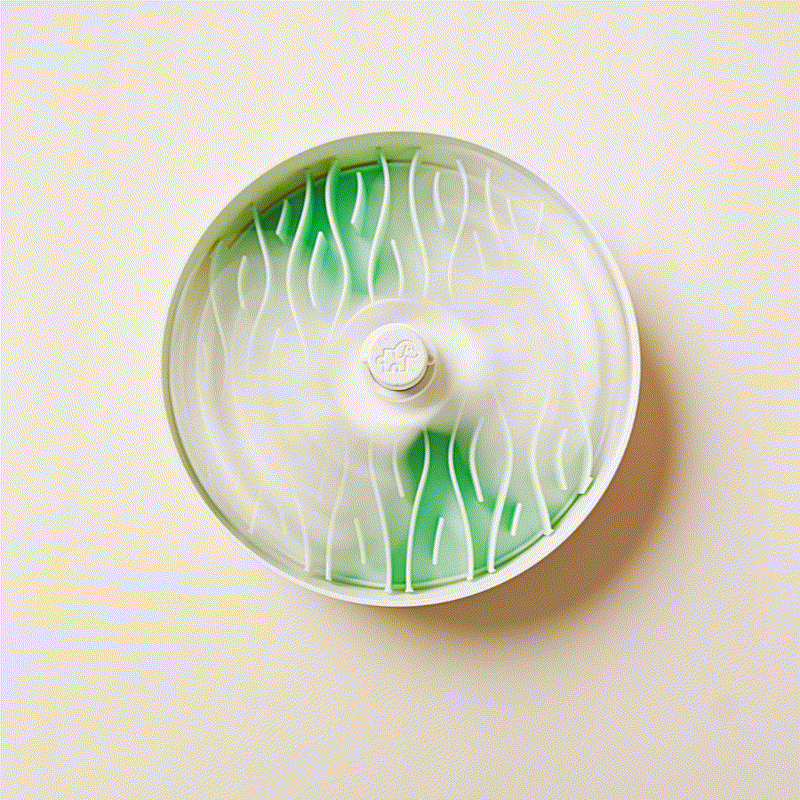
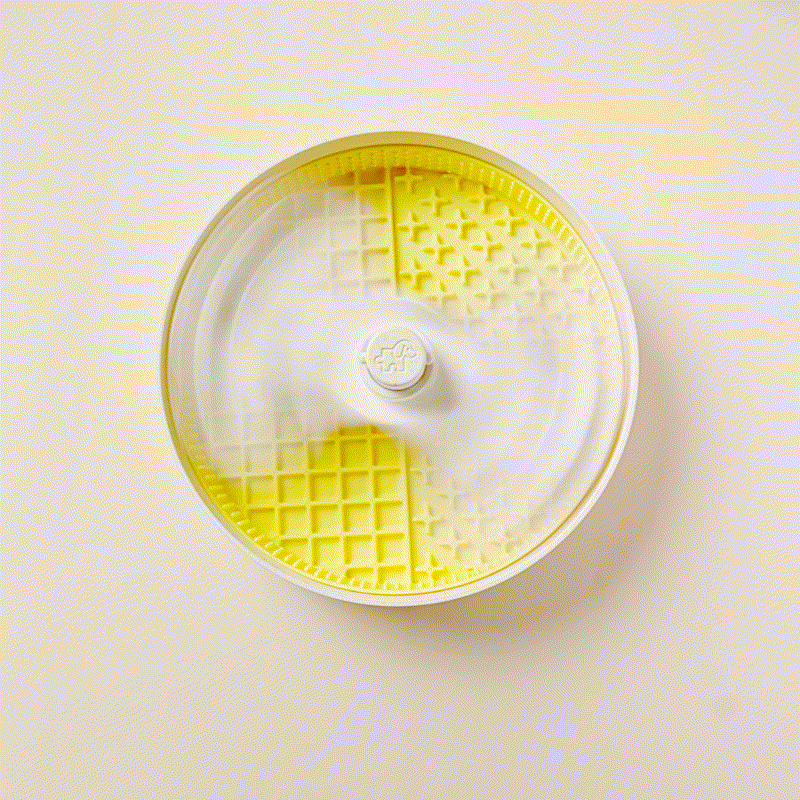
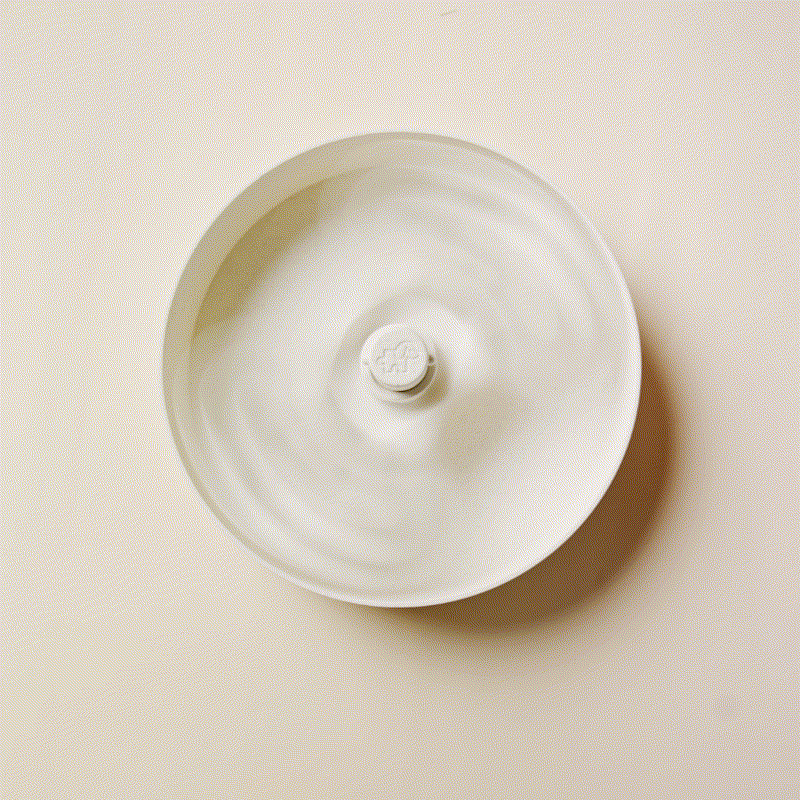
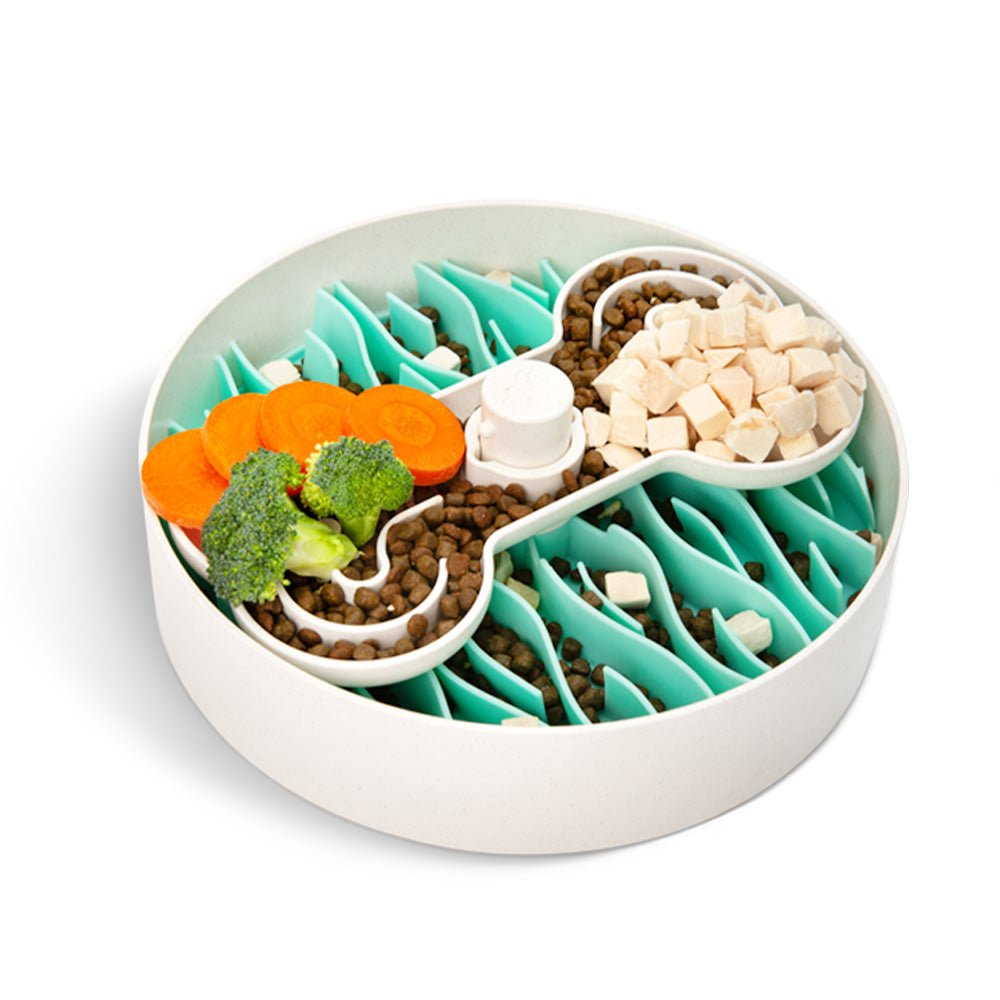
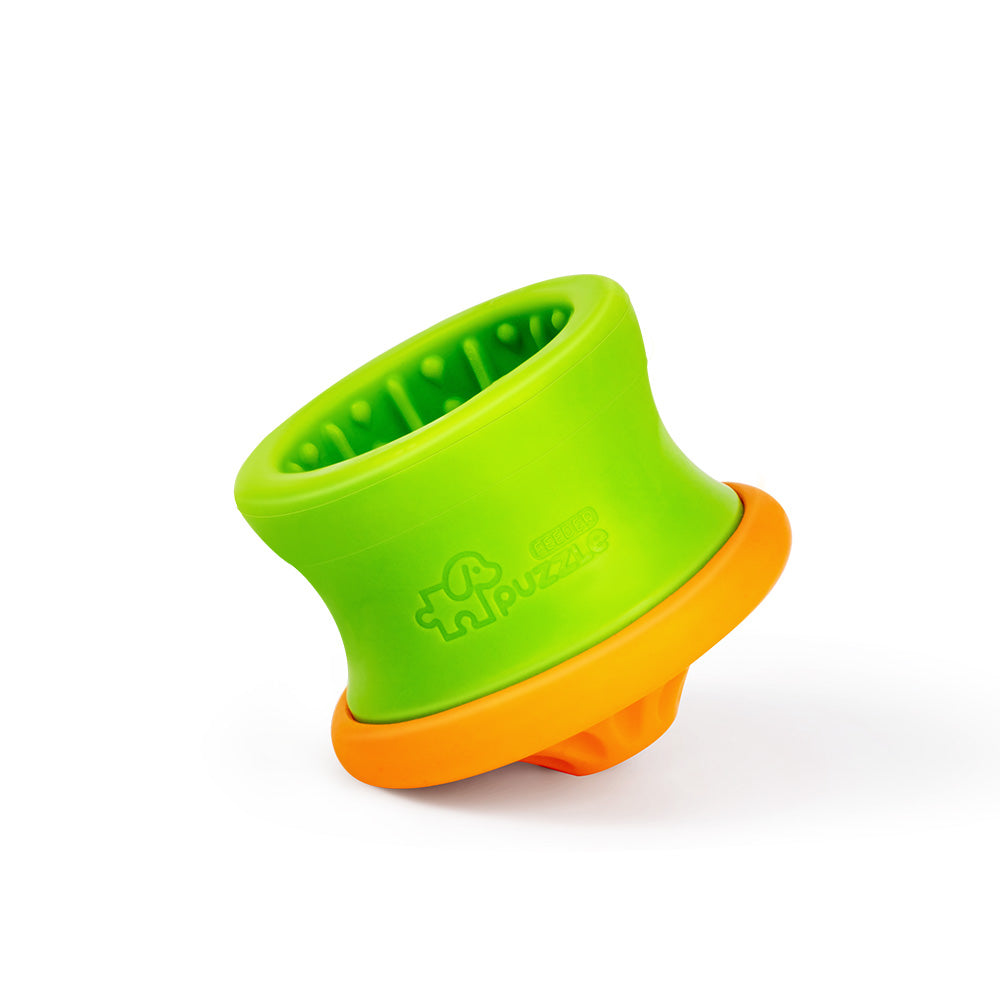
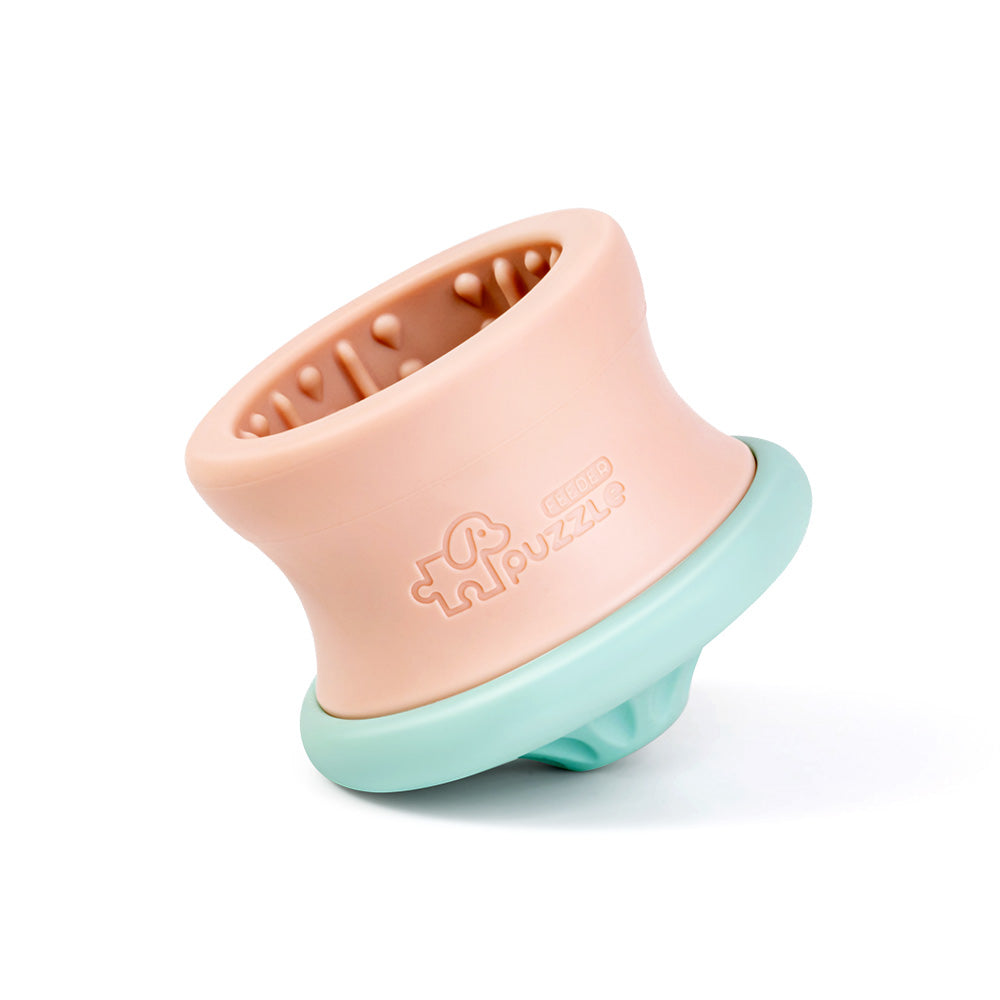
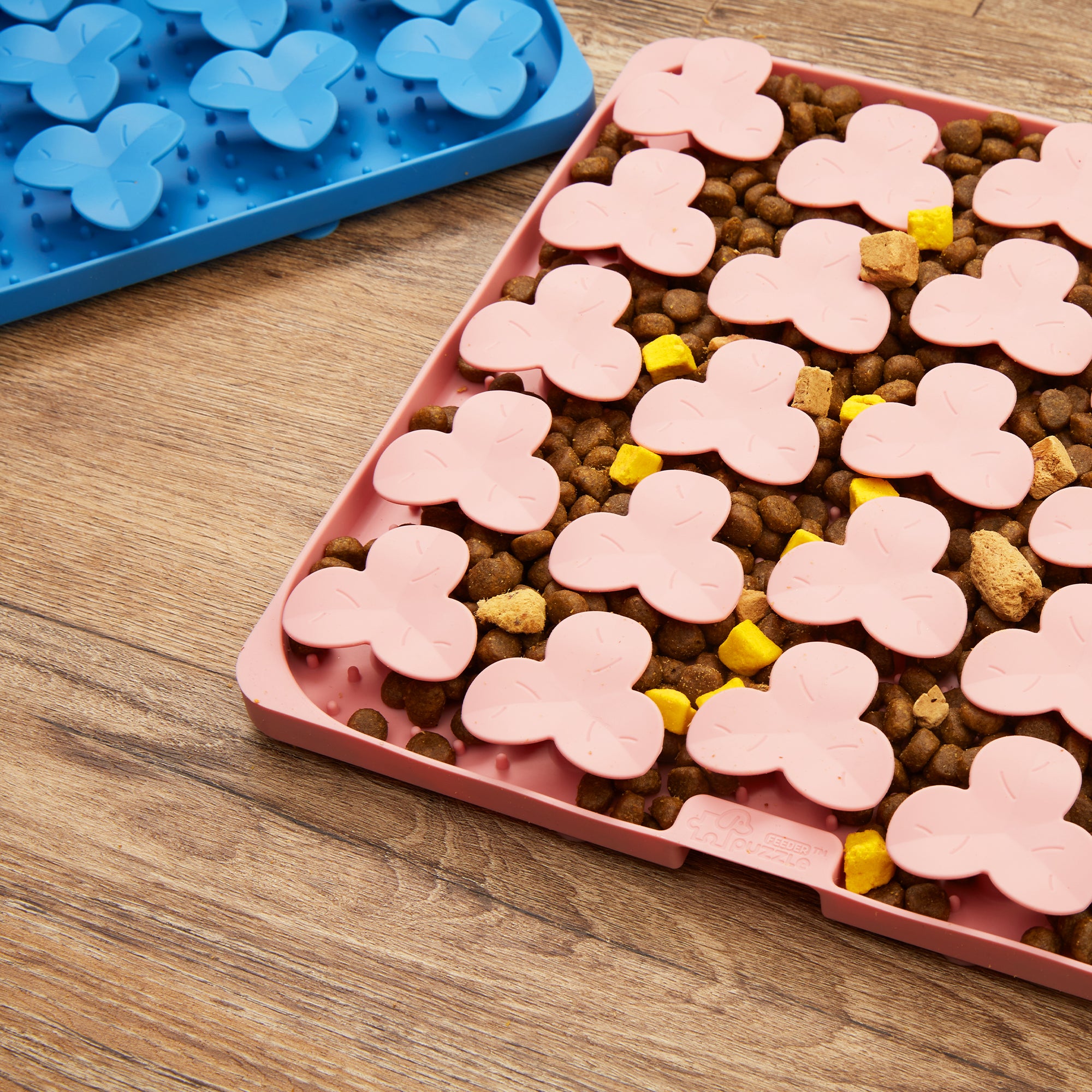

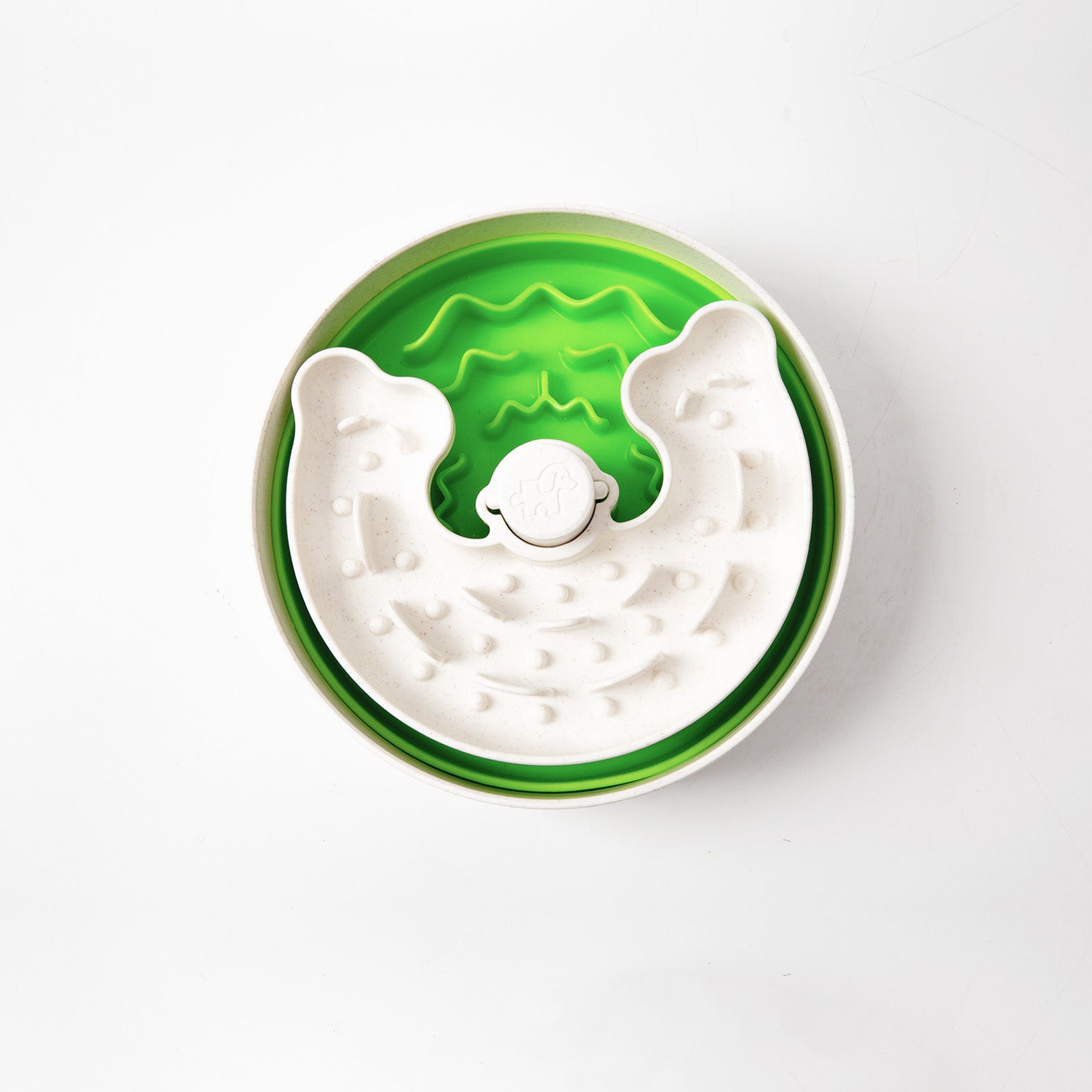
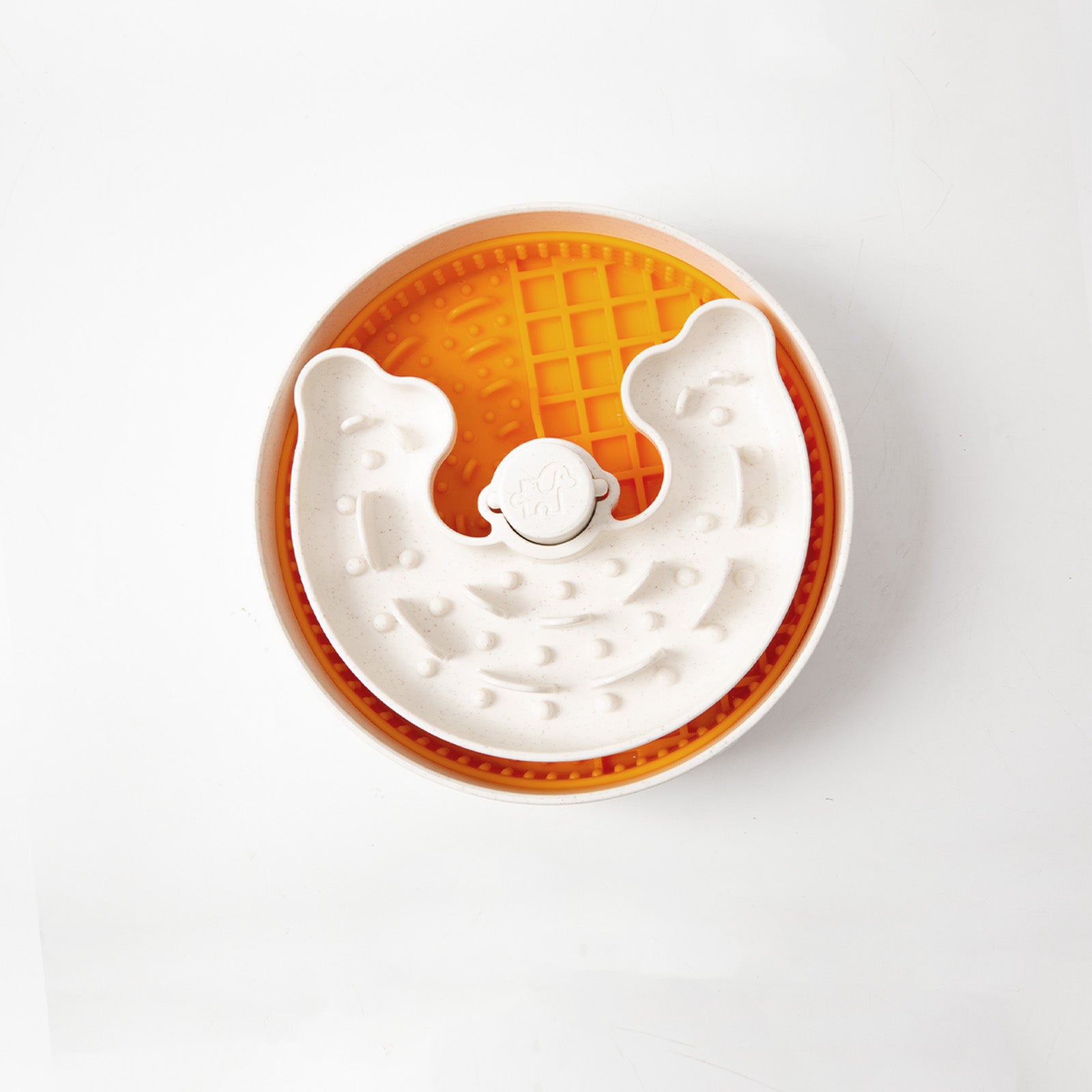
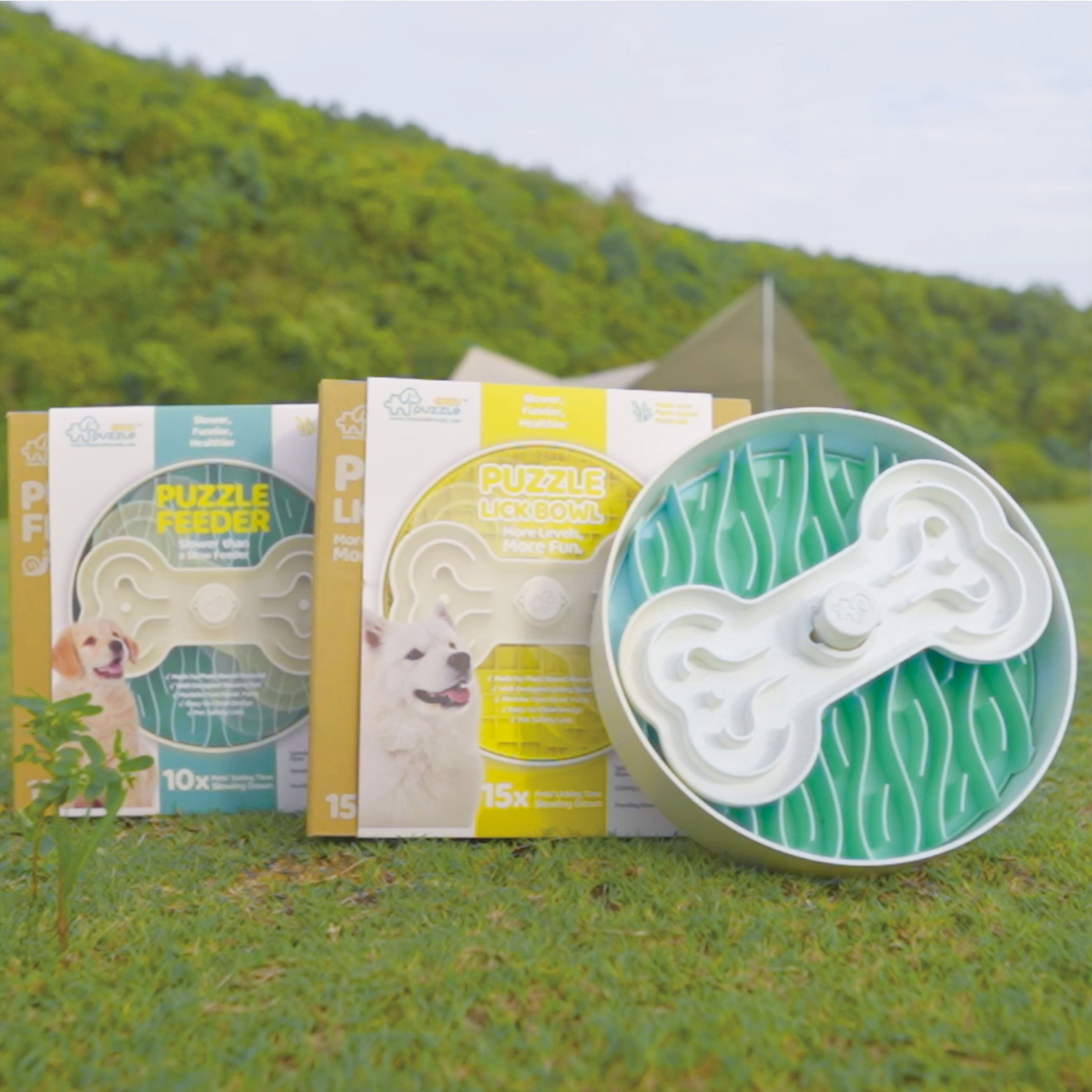
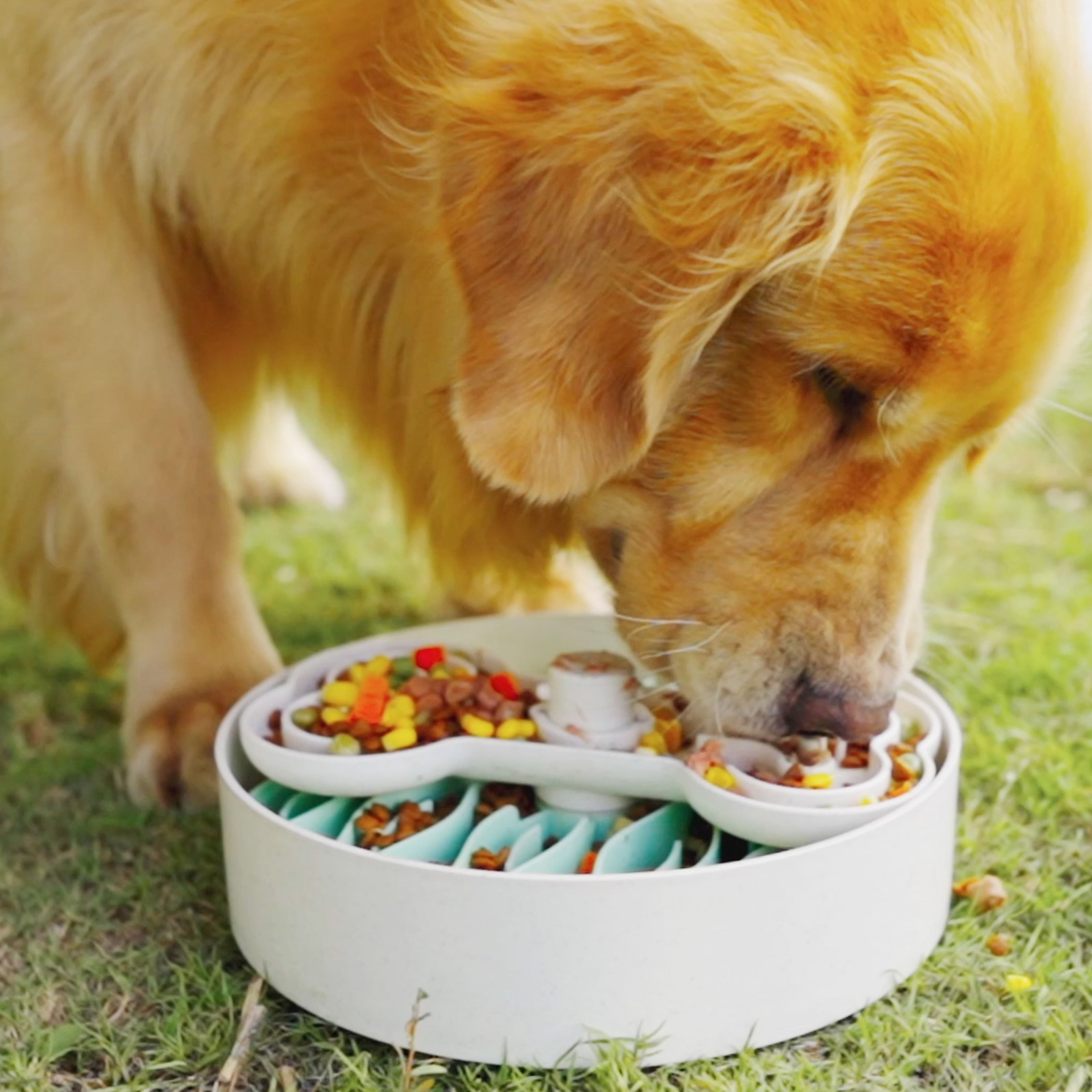



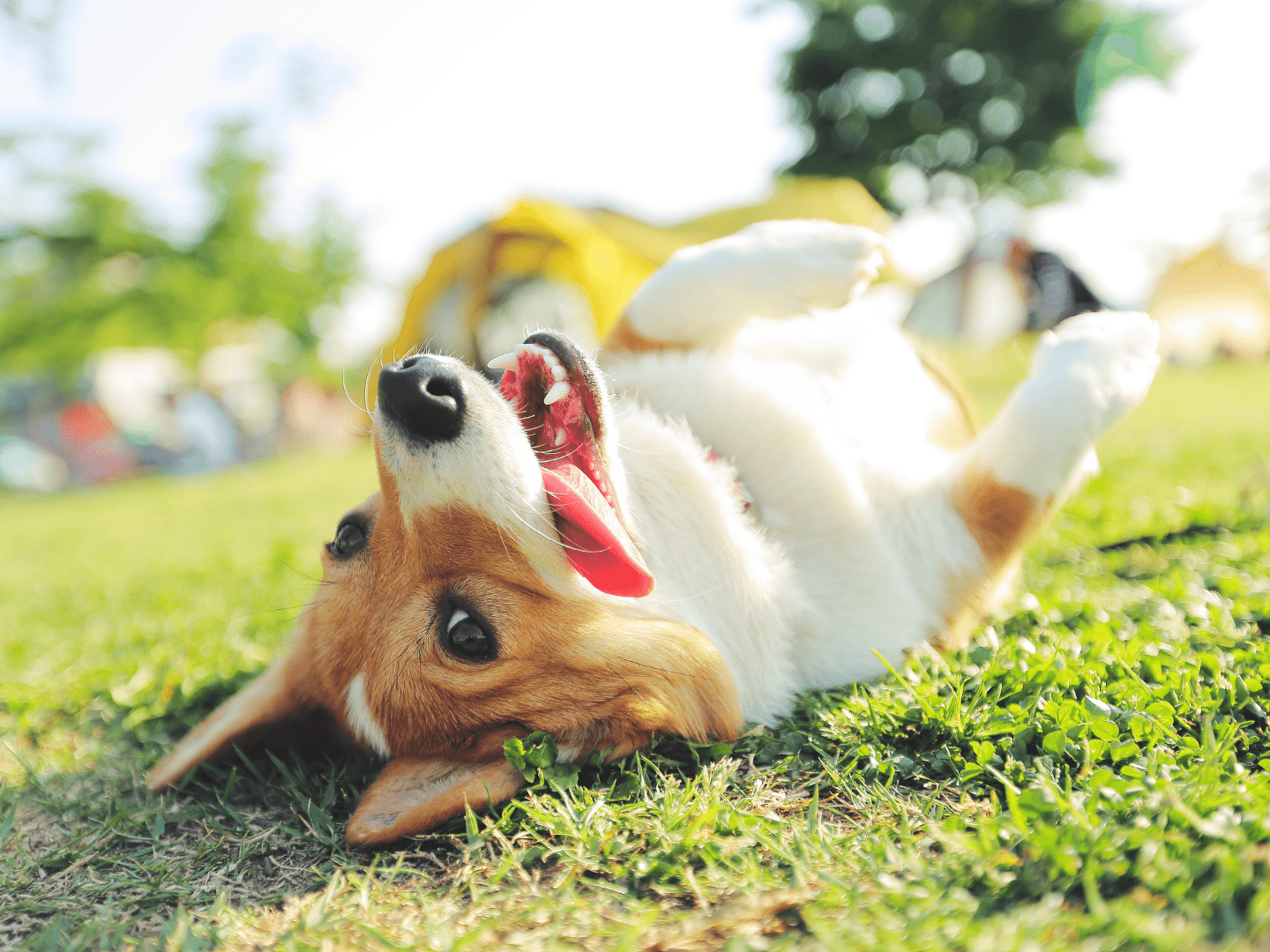

Leave a comment
All comments are moderated before being published.
This site is protected by hCaptcha and the hCaptcha Privacy Policy and Terms of Service apply.